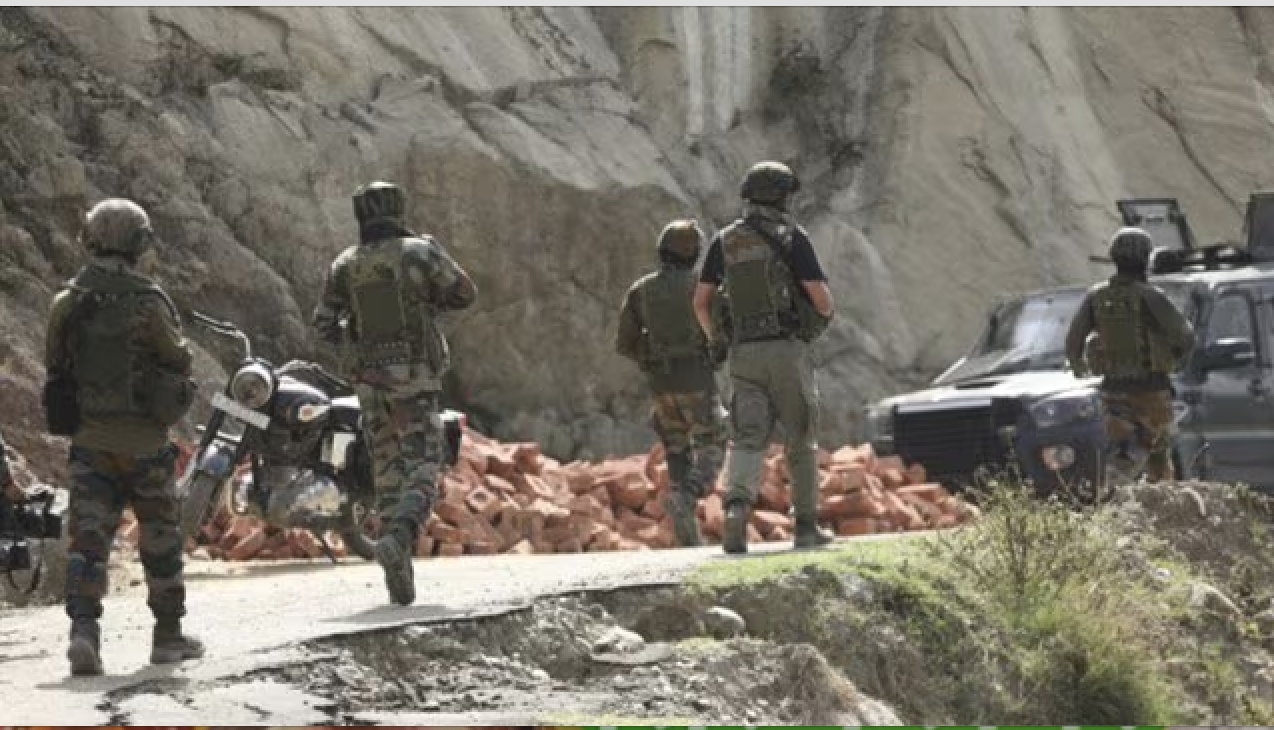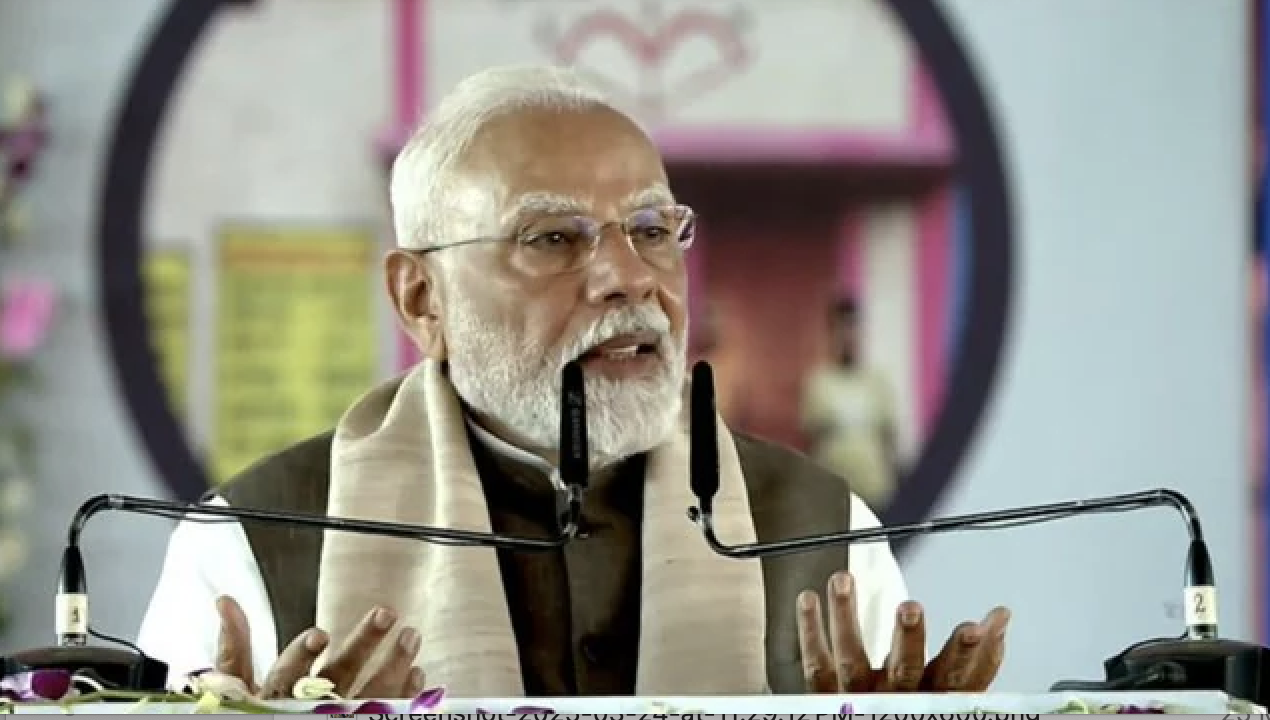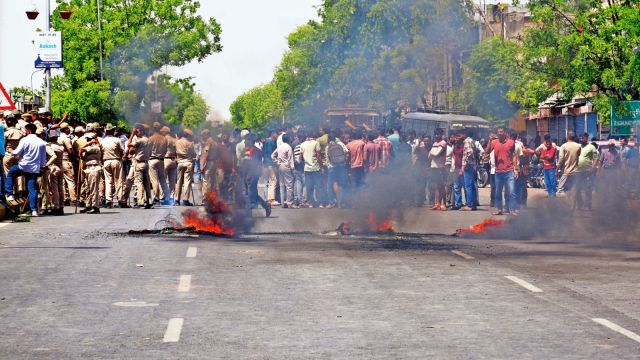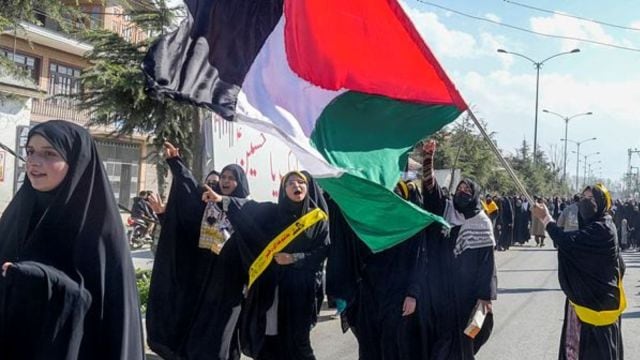By Omar Rashid
New Delhi: The consecration ceremony of the partially-complete Ram Mandir in Ayodhya will be held on January 22.
However, legal developments in the coming week are also expected to have a bearing on the fate of the other two mosques claimed by the Sangh Parivar-led Hindutva parties – the Gyanvapi Masjid in Varanasi and the Shahi Idgah Mosque in Mathura.
A frenzied mob of politically-motivated ‘karsevaks’ demolished the Babri Masjid in Ayodhya on December 6, 1992, after a long-drawn political movement led by the Bharatiya Janata Party and its ideological fountainhead, the Rashtriya Swayamsevak Sangh.
On August 5, 2020, 28 years after the mosque was razed to the ground in full public view, Prime Minister Narendra Modi formally launched the construction of a Supreme Court-approved Ram Temple at the spot where it is believed the deity Ram was born.
While much of the brouhaha has been concentrated on the January 22 ‘pran pratishtha’ or consecration ceremony of the temple, which Modi will preside over, the matter listed around the date in different courts hold significance in Hindutva parties’ legal battle to claim the other two mosques in Varanasi and Mathura.
The Allahabad high court has listed January 17 as the date for argument on the composition and modalities of an advocate commission to survey the Shahi Idgah Mosque after Hindu plaintiffs claimed that there were signs of Hindu religion on its structure. On the other hand, a local court in Varanasi is on January 24 to decide whether the report of a scientific survey of the Gyanvapi Masjid conducted by the Archaeological Survey of India would be made public or not.
On January 11, the Allahabad high court decided to consolidate 15 out of the 18 suits filed in the Mathura matter, where Hindu plaintiffs have prayed for the removal of the Mughal-era Shahi Idgah Mosque. Justice Mayank Kumar Jain passed the order, saying that the relief claimed in these 15 suits numbered 1, 2, 4, 5, 6, 7, 8, 9, 11, 12, 13, 14, 15, 16 and 18 were similar. The judge said the proceedings in these suits may be decided simultaneously on the basis of common evidence.
“To save the time of the court, the expenses to be incurred to the parties, and to avoid conflicting judgments it appears expedient in the interest of justice to consolidate the suits with each other,” Justice Jain observed.
The court made the suit titled ‘Bhagwan Shri Krishan Virajman at Katra Keshav Dev Khewat No. 255 and others Vs. U.P. Sunni Central Waqf Board through Chairman and others’, as the leading case.
The case is being argued by pro-Hindutva lawyer Hari Shankar Jain, who was involved in both the Babri Masjid and Gyanvapi Masjid cases and was in 2014 felicitated by the BJP for filing cases against the then Samajwadi Party-led Uttar Pradesh government.
On December 14, the court had allowed the application of the Hindu side to appoint an advocate commission to survey the Shahi Idgah Masjid adjoining the Krishna Janmabhoomi Temple. However, the composition and modalities of the commission are yet to be settled by court and it is expected to do it on January 17.
The court on December 14 observed that by appointment of a panel of three advocates as commission, neither side would suffer any harm or injury, as the commissioner report does not affect the merits of the case. During the course of the survey, the “sanctity of the campus can be directed to be maintained strictly” and that no harm or injury be caused to the structure in any manner, the judge said.
This story was originally published in thewire.in. Read the full story here .






